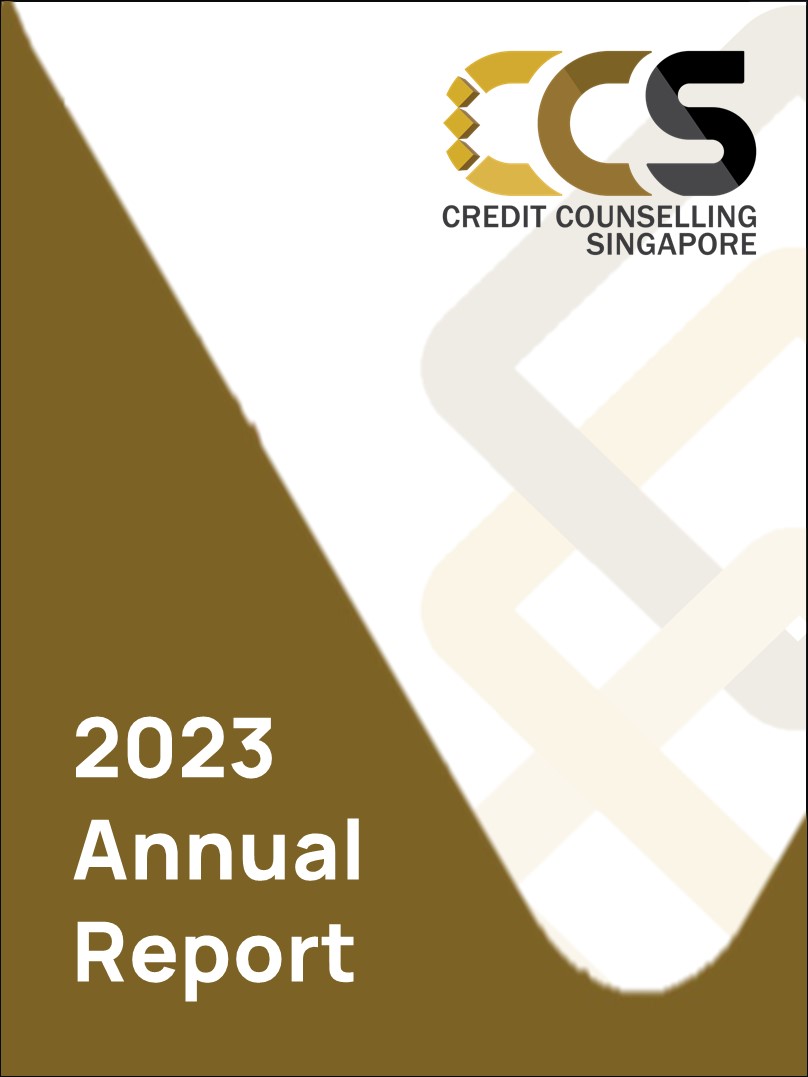How Credit Counselling Services - EDUdebt Can Help You Conquer Financial Difficulties
How Credit Counselling Services - EDUdebt Can Help You Conquer Financial Difficulties
Blog Article
Comprehensive Overview to Effective Credit Scores Counselling Strategies for Sustainable Financial Wellness
Navigating the intricacies of individual finance can be a challenging job for numerous individuals seeking to achieve sustainable financial wellness. The world of credit therapy stands as a beacon of advice in this intricate landscape, providing tailored methods to encourage people in the direction of much better monetary end results. From comprehending credit scores to understanding financial obligation monitoring strategies, a comprehensive approach is vital. Join us as we unwind the layers of efficient credit report coaching approaches created to lead the way for a much more thriving and steady financial future.
Understanding Credit Report
Recognizing the relevance of credit history scores is essential for taking care of individual financial resources properly. A credit history is a numerical depiction of a person's creditworthiness, showing to loan providers the level of threat related to expanding credit rating to that person. It is a critical element that affects the passion prices offered on fundings, bank card authorizations, and also rental applications.

Monitoring one's credit report consistently can help identify disparities or deceptive tasks that might negatively influence their monetary health. By comprehending credit report and the habits that influence them, people can make informed financial choices, construct a positive credit rating, and work in the direction of achieving their lasting monetary goals.
Budgeting and Cost Tracking
Establishing an extensive budgeting strategy and vigilantly monitoring expenses are essential techniques for individuals aiming to achieve economic stability and control over their monetary sources. A spending plan serves as a roadmap, detailing revenue sources, fixed costs like rental fee or car loan settlements, variable costs such as grocery stores and entertainment, and cost savings objectives. By creating a budget, individuals get a clear understanding of their financial standing and can make enlightened decisions on investing and conserving routines.
Expense tracking matches budgeting by giving a detailed account of where money is being spent. This procedure entails taping all expenditures, whether little or huge, to determine locations where investing can be maximized or reduced. Utilizing devices like budgeting applications or spread sheets can streamline cost monitoring and deal understandings right into costs patterns with time.
Via regular budgeting and expenditure tracking, people can proactively handle their financial resources, prevent overspending, and work in the direction of accomplishing their monetary goals. These methods promote accountability and encourage people to make critical economic choices that straighten with their long-term goals.
Financial Debt Administration and Debt Consolidation
Having actually developed a strong structure through budgeting and expenditure monitoring, the following vital step in the direction of attaining financial health entails efficient debt management and combination strategies. Financial debt management is the process of developing a structured strategy to settle financial obligations in a prompt manner, while financial debt combination includes combining numerous financial obligations into a solitary repayment, frequently with a reduced rate of interest rate.
One key approach in debt monitoring is focusing on financial obligations based upon rate of interest and amounts owed. By paying off high-interest financial debts first, people can reduce the overall rate of interest paid gradually. In addition, working out with lenders for lower rates of interest or setting up a manageable repayment plan can aid people stay on track with their financial debt payment.
Debt consolidation can simplify the repayment process by incorporating multiple financial obligations right into a solitary monthly repayment. This can make it much easier to track and manage financial obligations, possibly decreasing monthly repayments and total interest expenses. Nevertheless, it is vital to meticulously consider the terms of the combination finance to ensure it is really helpful over time. By carrying out effective financial debt administration and consolidation approaches, individuals can work towards minimizing their financial debt burden and attaining greater financial security.

Credit Score Building Strategies
Additionally, maintaining debt application reduced, preferably below 30% of the total debt go to website restriction, demonstrates responsible credit monitoring. On a regular basis keeping track of credit history reports great post to read for errors and mistakes is also vital, as fixing these problems can prevent adverse impacts on credit scores. Another method is to end up being a certified user on someone else's debt account, benefiting from their favorable credit rating history.
Financial Education And Learning and Planning
To additionally fortify their economic foundation, individuals can improve their credit-building development by acquiring detailed financial education and creating a tactical planning structure. Financial education plays an essential duty in empowering people to make informed decisions about their finance. By recognizing key economic concepts such as budgeting, saving, investing, and financial obligation management, individuals can navigate the complexities of individual financing better.
In addition, critical financial planning is necessary for establishing and attaining long-term financial objectives. Developing a detailed economic plan that details earnings resources, expenses, cost savings targets, and investment techniques can help individuals remain organized and focused on their financial purposes. Routinely readjusting this strategy and assessing in feedback to adjustments in earnings, expenditures, or monetary goals is also vital to ensure its effectiveness.
Conclusion
Finally, reliable credit rating counselling strategies are essential for attaining lasting monetary wellness. By recognizing credit history, budgeting, handling financial obligation, building credit, and financial education and learning, people can improve their economic wellness and make educated choices. Executing these approaches can bring about long-lasting economic stability and safety and security. It is very important to look for expert advice and support when navigating the intricacies of credit report and finances to guarantee a successful economic future.

Furthermore, maintaining credit history usage reduced, ideally below 30% of the overall credit history limit, shows accountable credit history administration. By understanding debt ratings, budgeting, managing debt, constructing credit report, and financial education and learning, individuals can improve their monetary health and make notified choices.
Report this page